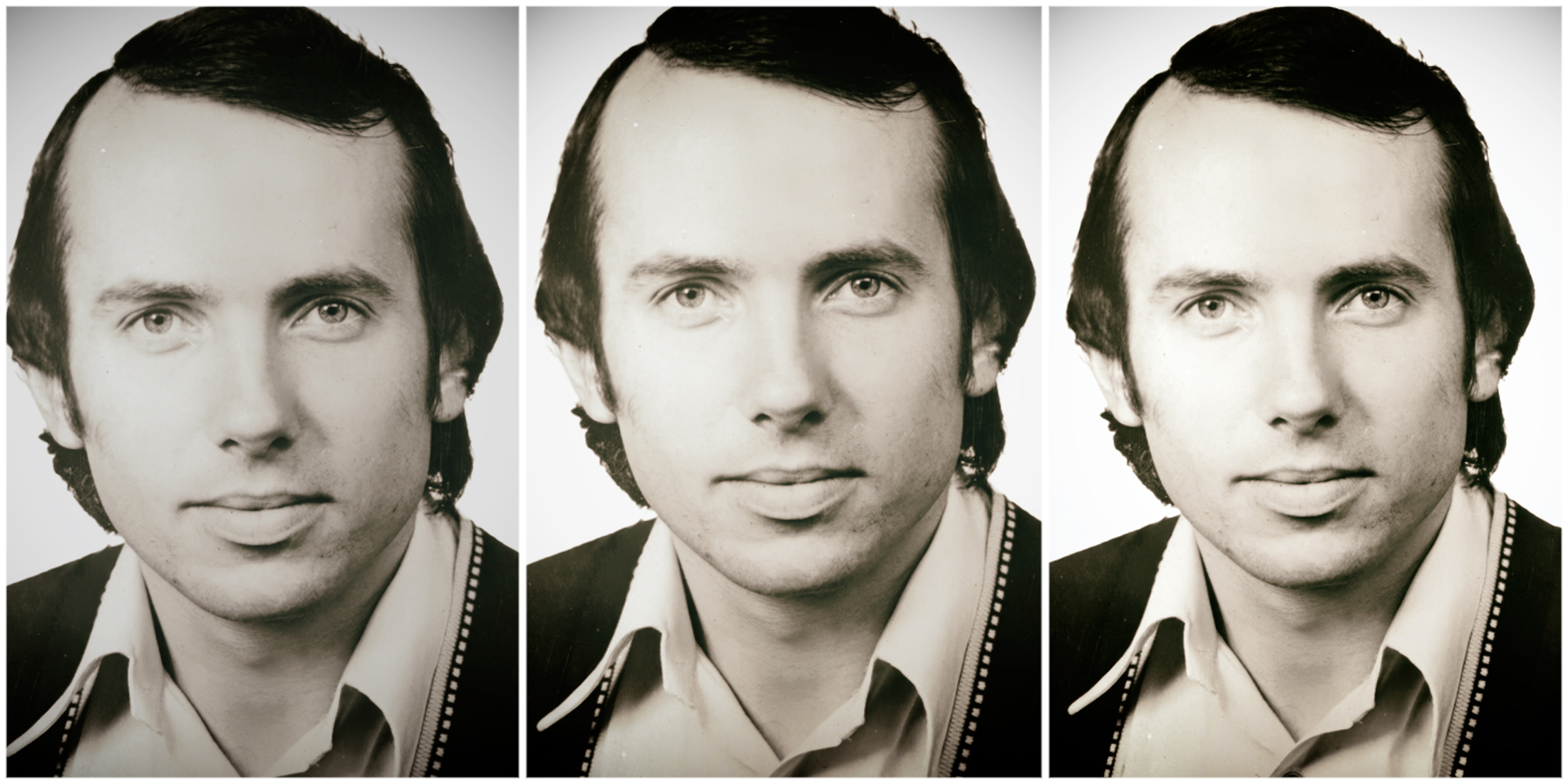Peter Graham Moll died in Houston, Texas, on 29 June 2024 after battling a rare form of cancer for two and a half years. His name may not be familiar to many, but there are good reasons for us all to remember him.
He was a key figure in the movement of conscientious objection to service in the apartheid military at a time when such a stance was far from easy.
Born in Pretoria on 12 March 1956, Peter spent his early years with his magistrate father and family in Lusikisiki, Whittlesea, Alice, Lady Frere and East London, completing his schooling at Selborne College.
During this time he lived, as he put it, in the bubble of a white world that simply took for granted the way things were as normal. After school in 1974, like so many other young white men, he went into the army, unquestioning.
An awakening
As he writes in his recently published book, “Conscientious Objector to the Apartheid Army”, “I was a conformist … I performed my military duties without demur, fell in with the prevailing ‘anticommunist’ doctrine … got on with my studies and career.”
Only after his initial period of military service, when he was required to attend additional “camps” of between three weeks and three months, did the questions come.
Long lulled by the then prevalent views and theology of the Baptist Church to which he and his family belonged, he had what he called his “Damascus road experience” when attending the annual Students’ Christian Association Intervarsity Conference in Pietermaritzburg.
African, coloured and Indian attendees from sister organisations were not only segregated, but awkwardly lodged many kilometres away and, in discussion with black Christians about how they experienced life under apartheid, Peter soon “realised with shock that this war [was not] a war of Christian South Africa against communist powers ... Instead, it was a civil war, a war of brother against brother.”
The Soweto uprisings in 1976 added to his awakening sense of what his Christian faith required.
Twice, in 1977 and again in 1979, he was called up for military camps and, refusing to attend while explaining that he now had no option but to be a conscientious objector, he received two short sentences, with pressure put on him by both the military and his church to relent.
The third call-up was different. This time he was sentenced to 18 months in military detention barracks, reduced to 12 months under review. During his detention he was repeatedly confined to solitary confinement, totalling 125 days in the end.
Throughout this time, during which his cousin Richard Steele was also imprisoned as a pacifist conscientious objector, Peter sought, through articles, newspaper interviews, letters and formal arguments to the military, to defend his position against what he had come to see as an “unjust war”.
He hoped that making public his own carefully reasoned defence of his position wherever he could, might inspire many others who faced military conscription to rethink their own.
As Peter wrote, “I could not turn the clock back … but at least I could exercise some choices now … I would not live a lie … It became impossible to promote my interests or those of my family/clan/group/race by means of the lie of racism.”
International attention
Peter’s stance and the response to it by the authorities gained international attention, with almost 250 reports and commentary from many sources, including the US Mennonite Central Committee, the Christian Science Monitor, Tony Benn in the British House of Commons, and almost every major South African newspaper.
Support also came from then-Bishop Desmond Tutu at the South African Council of Churches, Douglas Bax who had drafted its resolution in support of conscientious objection, Theo Kotze of the Christian Institute, Allan Boesak, David Russell, John de Gruchy, Francis Wilson, and many other South African theologians and activists.
Eventually, this all led to a change in the law in 1983, permitting an alternative service for religious pacifists and making room for conscientious objection.
A valuable legacy
Peter’s narrative is not just moving; it is in a sense the story of anyone who has had to break free of the straitjackets of authority – political or religious – that allow for injustice to thrive in order to find and follow the moral foundations that offer hope for all of humanity.
For him, there was no easy rejection of his faith tradition. Instead, he sought and found within its roots the wellsprings of mercy and justice; of a love that embraces all and not just one part of humanity.
Driven by the knowledge of his terminal cancer, it is this which Peter – who had pursued a master’s degree in Religious Studies at the University of Cape Town, followed by a master’s and PhD in economics at the University of Oxford – has, with enormous diligence and meticulous research, captured in his book.
Including many documents not seen before, as well as a full list of conscientious objectors and their sentences (other than Jehovah’s Witnesses, who Peter describes as “giants” upon whose shoulders he stands), it is a rare contribution to our common history.
Fully aware that he was not alone in taking the route he did and that others may have suffered more, we may nevertheless honour his courage and be grateful for the record he has left us.
Peter is survived by his wife of 40 years, Masami Kojima, who began writing to him from the USA when he was in detention; his two brothers, Douglas and Terence Moll, and his sisters, Jennifer Beck and Brenda Coxon.
A memorial service for him will take place on 16 November in Houston where he was last seeking medical treatment. DM
Jim Cochrane is Emeritus Professor (Department for the Study of Religions) and Senior Scholar (School of Public Health) at the University of Cape Town; and Adjunct Professor in the Department of Social Sciences and Health Policy at Wake Forest University School of Medicine, USA.




